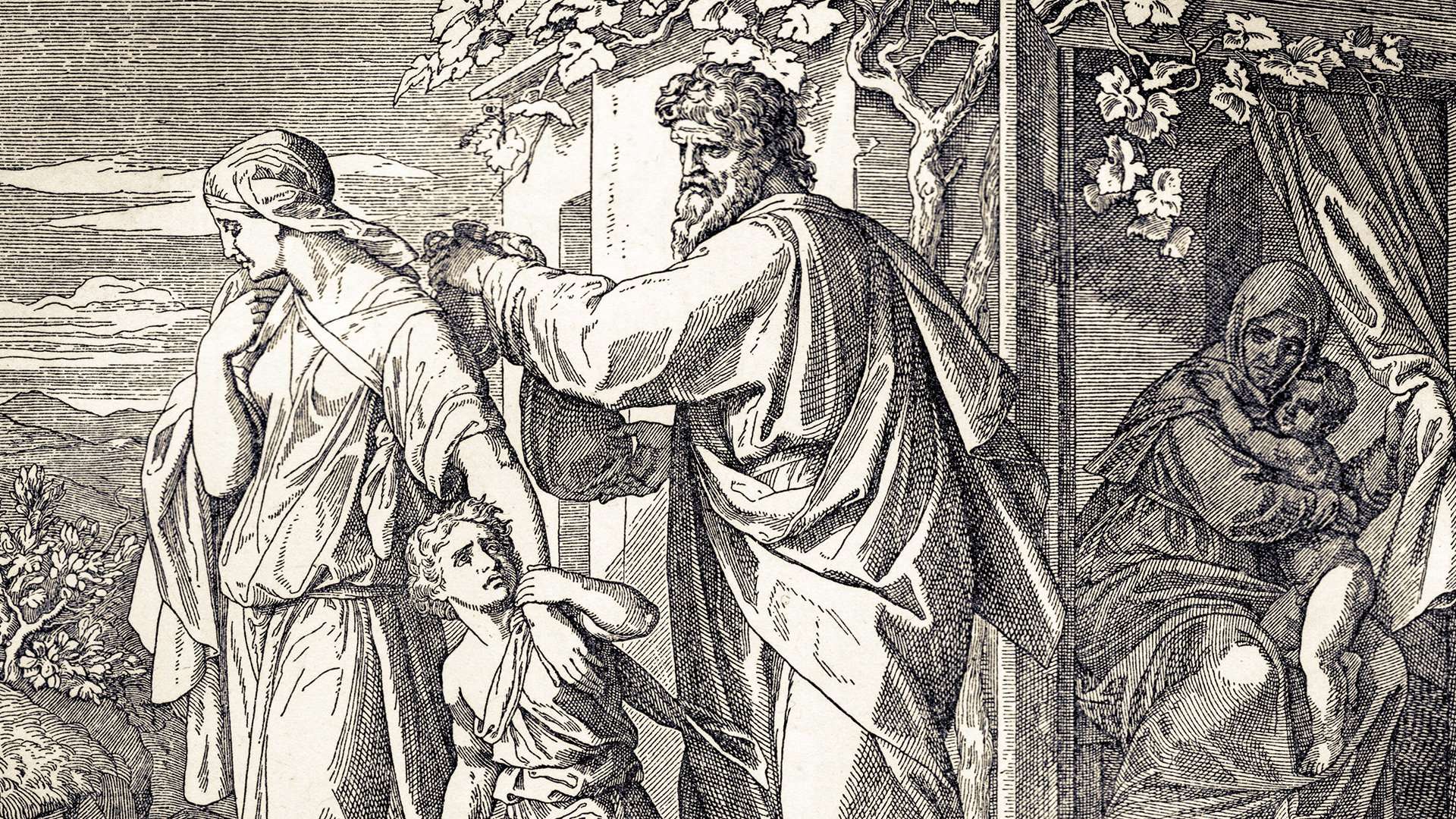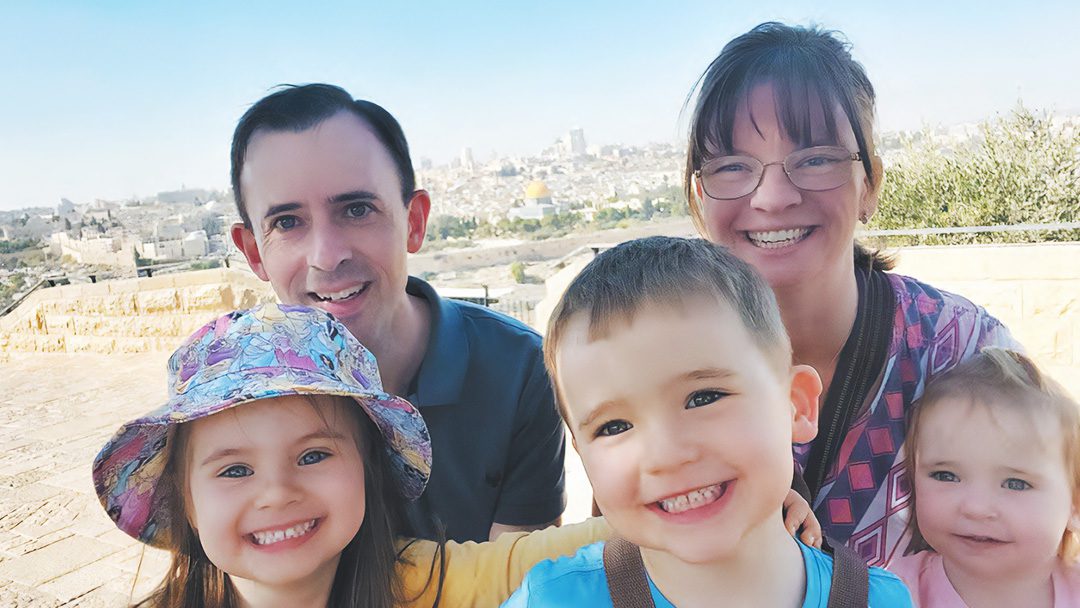One of the most discussed and divisive subjects both religious and political on an international scale is the Middle East Arab-Israeli conflict. Most people don’t understand the dynamics, but it is inescapable because of the immense media attention. Political tensions continue over this conflict. Since the restoration and rebirth of the State of Israel in 1948, there have been eight major wars as well as insurgencies, conflicts, intifadas, operations and airstrikes that have occurred in the area. In all, well over 100,000 lives have been lost on both sides.
During the past 70 years, various attempts have been made to end the conflict politically. Each US President from Harry Truman to Donald Trump has endeavoured to bring it to some level of satisfactory conclusion. But none has succeeded. Some contend that the core of the problem is ownership of land; while others say it is the problem of religion and offer an opinion on one side or the other. It is true that both land and religion are certainly involved in this conflict.
The Source of the Conflict
This ongoing debate happens also among the churches. Christian people, Pastors, teachers in Theological Colleges, sometimes vocalise personal views that are formed on the basis of social issues, media reports and/or second-hand beliefs. Mark Twain wrote:
“In religion and politics, people’s beliefs and convictions are in almost every case gotten at second-hand, and without examination, from authorities who have not themselves examined the questions at issue but have taken them at second-hand from other non-examiners, whose opinions about them were not worth a brass farthing”.
It is important to go to the source of the Middle East conflict which was not about either religion or politics. It began over 4,000 years ago and was the outcome of what is now commonly called ‘an eternal triangle’. The incident was the beginning of a conflict, which thus far, has had no ending. It commenced with fractured relationships between three people—one man and two women. It was all too human. We know their names—Abraham, Sarah and Hagar.
The Foundational Covenant
But even prior to this breakdown of relationships, God had already made a decision to reach into humanity and specifically save a people for Himself. To do this, He chose one man—Abram (later called Abraham), who at that time was living in the midst of an idolatrous society. While Noah had found “grace in the eyes of the Lord”, only ten generations later, Abram was apparently the only person in the then known world “to have faith” in the one true God.
With Abram, God established an everlasting unconditional covenant known as “The Abrahamic Covenant” which still has relevance to every person, every race, every colour in every country living on planet earth today. Although that covenant was made with one who became the first ‘Hebrew’, the specific elements of this covenant outlined in the book of Genesis, are foundational and momentous.
They include:
- People (Abraham, his son Isaac, Isaac’s son Jacob and his descendants);
- Land (specifically the land of Canaan);
- Blessings (Abraham who would become a great nation; those who blessed him would also be blessed, and likewise in him all the families of the earth);
- Curses (for those who cursed Abraham and his great nation).
The details are profound, impacting not only Abraham and his family, but all the families of the earth…not just Jews, but also Gentiles including Arabs. What is so fascinating in this interesting development of events, God chose imperfect human vessels in a dysfunctional family, to accomplish His perfect eternal plans.
There are, however, two important considerations about the events which occurred with the three people in this “triangle”. First, the specific terms of the covenant were to be passed down to Isaac—Abraham and Sarah’s son. Second, there were promises (distinct from the covenant) made to Ishmael—Abraham and Hagar’s son. Those promises were that Ishmael would be blessed, his descendants would include twelve princes and he would be made into a great nation. In both cases, it was God who initiated them.
Personal Impact
At 18 years I was dramatically confronted with the reality and existence of father God. Gradually but deliberately I became aware that the God of the Bible was a covenant-making and covenant-keeping God. Although having preached my first sermon at the age of 20, it took another 30 years, which included serious study and involvement in Christian ministry as Evangelist and Pastor, before I became aware of the importance of the Abrahamic Covenant. Strangely, no Pastor or Theological Lecturer had ever previously mentioned that particular subject.
It has taken me another 30 plus years to complete this writing…which needless to say is all about the Abrahamic Covenant. The truth is, that this particular covenant is the key to understanding the covenants that follow, including the Mosaic, the Davidic, and the New Covenant. It commenced with God’s decision to save the world; it got side-tracked and complicated by fragmented humanity; although yet finally unresolved, there are exciting developments in the Land of Israel, where hatreds are being healed between peoples who have previously been enemies. Sadly you will never hear this from mainstream media.
The content of this latest book “The Biblical Eternal Triangle” provides insights about the Abrahamic Covenant which will enable discernment and understanding with respect to the current potent Middle East Arab-Israeli Conflict. The solution has already been provided by God and will ultimately be resolved by the “Sar Shalom” (the Prince of Peace) the Messiah, also called the son of Abraham and Mediator between God and man.












0 Comments